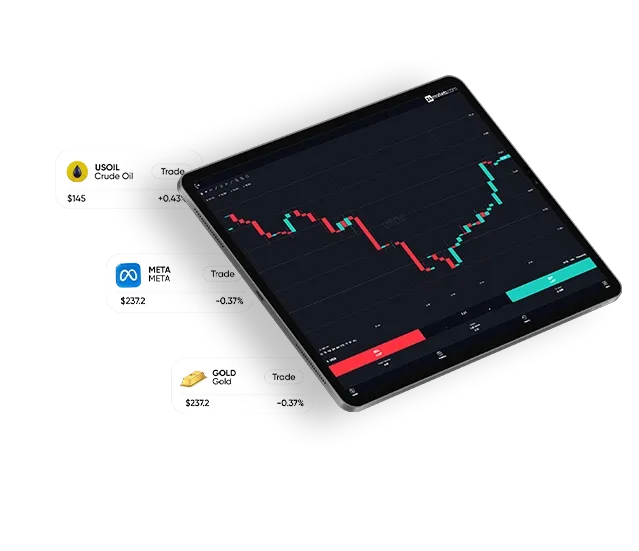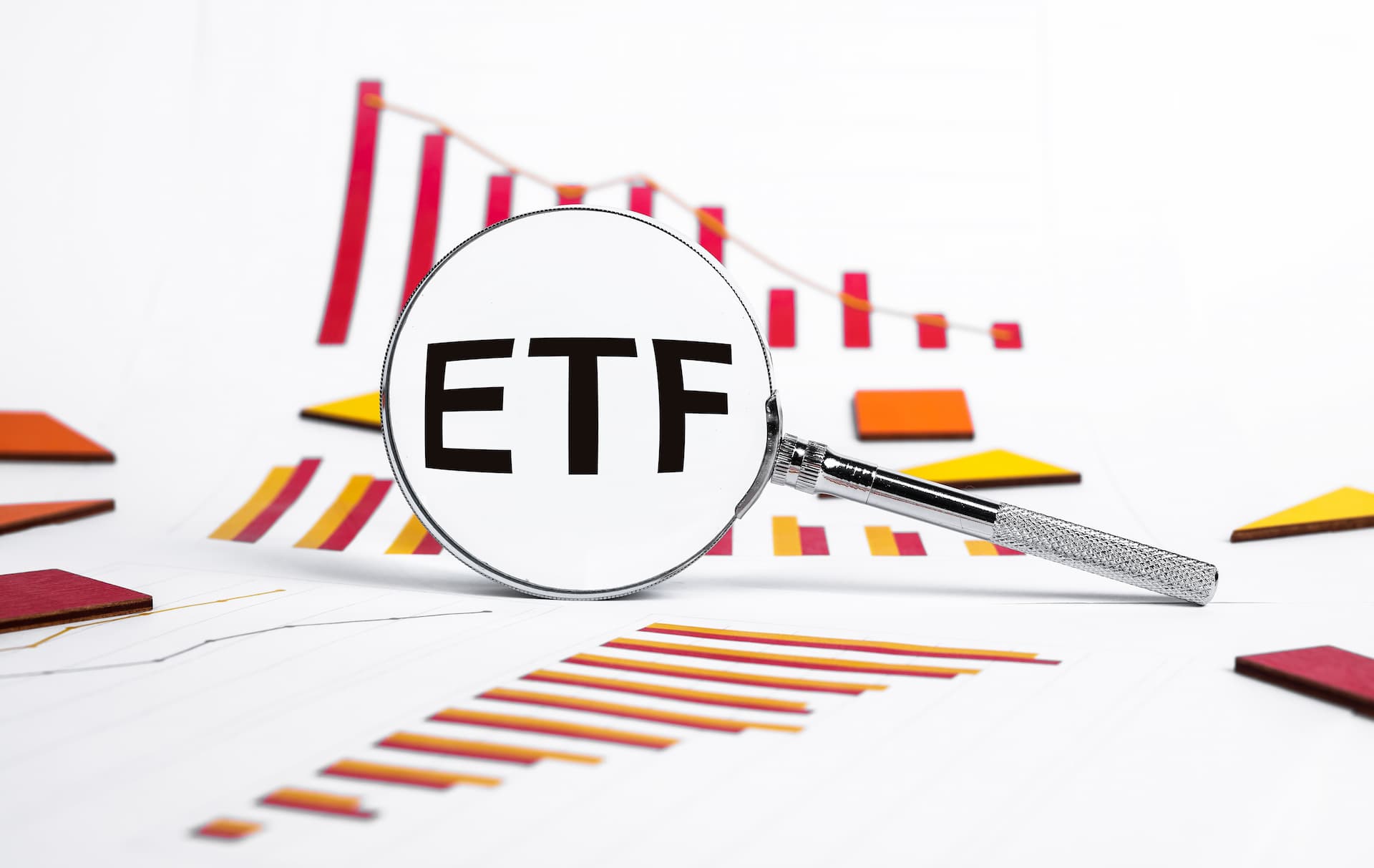How to Choose a Trading Platform: Key Considerations for Traders
Discover essential factors to consider when choosing a trading platform, including trading instruments, user experience, platform reliability, security measures, and additional features. Make informed decisions with insights from 24Markets.com.

How to Choose a Trading Platform
Selecting the right trading platform is crucial for optimizing your trading experience. Here’s an in-depth guide to help you choose the best trading platform, with detailed information about various platforms and features.
1. Assess Your Trading Needs
Determine Your Trading Style and Goals
Understanding your trading style helps in selecting a platform that matches your needs:
- Day Trading: Requires platforms with high-speed execution and real-time data. 24markets Webtrader is designed for high-frequency trading with advanced charting tools, customizable layouts, and quick order execution features.
- Swing Trading: Focuses on medium-term market movements. Platforms like 24markets Trading Tools provide extensive charting capabilities, technical indicators, and analytical tools necessary for swing trading strategies.
- Long-Term Investing: Requires tools for research and portfolio management. Platforms should offer comprehensive market research, fundamental analysis tools, and robust portfolio tracking. 24markets App supports long-term investment strategies with its user-friendly interface and detailed reporting features.
Asset Classes and Market Coverage
Choose a platform that supports the asset classes relevant to your trading:
- Stocks: For equity trading, platforms with comprehensive stock market coverage and research tools are essential. 24markets Stocks provides access to a wide range of stock markets and detailed stock analysis.
- Forex: Specialized platforms like 24markets Forex offer forex trading features including real-time quotes, advanced charting, and forex-specific tools.
- Commodities and Indices: Ensure the platform covers major commodities and indices. 24markets Commodities and 24markets Indices offer detailed data and trading options for various commodities and indices.
- Cryptocurrencies: Platforms should support a variety of digital currencies. 24markets Crypto offers features tailored for cryptocurrency trading, including real-time updates and diverse cryptocurrency options.
2. Evaluate Platform Features
User Interface and Usability
An intuitive and customizable user interface is crucial:
- Customizable Layouts: Look for platforms that allow you to tailor your workspace. 24markets Webtrader offers customizable chart layouts and tool arrangements, enhancing your trading efficiency.
- Mobile Compatibility: For trading on the go, the platform should have a strong mobile application. 24markets App provides a full-featured mobile trading experience with the same functionality as its desktop counterpart.
Order Execution and Management
Fast and reliable order execution is essential for successful trading:
- Order Types: Platforms should support various order types such as market orders, limit orders, and stop orders. 24markets Trading Tools provides a range of order types to suit different trading strategies.
- Order Execution Speed: Ensure the platform executes orders promptly to avoid slippage. 24markets CFD Trading is optimized for rapid order execution, critical for trading in volatile markets.
Charting and Technical Analysis Tools
Advanced charting tools and technical indicators enhance market analysis:
- Technical Indicators: The platform should offer a range of indicators like moving averages, Bollinger Bands, and RSI. 24markets Trading Tools includes numerous technical indicators for in-depth market analysis.
- Chart Customization: Platforms should allow you to customize charts with different time frames, indicators, and drawing tools. 24markets Webtrader provides extensive charting options to cater to various technical analysis needs.
3. Assess Data and Research Tools
Real-Time Data
Access to real-time data is crucial for informed trading decisions:
- Live Quotes and Charts: The platform should offer up-to-date quotes and dynamic charts. 24markets Forex provides real-time forex data, while 24markets Stocks offers live stock quotes.
- Economic Calendar: An economic calendar tracks important events affecting market movements. 24markets Economic Calendar helps you stay informed about upcoming economic events.
Research and Analysis
Comprehensive research tools aid in making strategic decisions:
- Market News and Analysis: The platform should integrate financial news and market analysis. 24markets News offers current news, market trends, and expert analysis.
- Fundamental Analysis Tools: For detailed fundamental analysis, platforms should offer financial statements, earnings reports, and company profiles. 24markets Fundamentals provides extensive fundamental analysis tools.
4. Consider Security and Compliance
Data Protection
Strong security measures are essential for protecting your data:
- Encryption: Choose platforms that use encryption to safeguard your personal and financial data. 24markets Regulation Center provides details on the security measures and encryption standards used by the platform.
- Two-Factor Authentication (2FA): Enhanced security with 2FA adds an extra layer of protection for your trading account.
Regulatory Compliance
Ensure the platform adheres to regulatory standards:
- Regulation: Verify the platform’s regulatory status to ensure it operates within legal and ethical boundaries. 24markets Regulation Center outlines the regulatory frameworks and licenses held by the platform.
5. Review Account Management and Fees
Account Types and Features
Different accounts offer various features:
- Account Types: Platforms may offer standard, professional, or VIP accounts with different benefits. Review the available options on 24markets Account Types to choose the account that fits your trading needs.
- Margin Requirements: Understand margin requirements and leverage options provided by the platform. 24markets Margin Trading provides information on margin requirements and leverage.
Trading Costs
Be aware of the platform’s fee structure:
- Spreads and Commissions: Transparent spreads and commission fees are crucial for cost-effective trading. 24markets CFD Trading details trading costs and fee structures.
- Additional Fees: Check for any additional fees such as withdrawal or inactivity fees. 24markets Fees provides a comprehensive breakdown of all associated costs.
6. Test the Platform
Demo Accounts
Demo accounts are invaluable for evaluating a platform without financial risk:
- Demo Trading: Use the 24markets Demo Account to practice trading with virtual funds and familiarize yourself with the platform’s features and interface.
Customer Support
Responsive customer support is essential for resolving issues:
- Support Channels: Ensure the platform offers various support channels, including live chat, email, and phone support. For assistance, visit the 24markets Contact page.
Conclusion
Choosing the right trading platform involves evaluating your trading style, platform features, data and research tools, security, account management, and fees. Thoroughly assessing these factors and utilizing demo accounts to test platforms will help you select one that aligns with your trading needs and enhances your trading experience. For more information and detailed insights, explore the 24markets Webtrader, 24markets Trading Tools, and 24markets Regulation Center pages.
TAGS
Latest Education Articles
Show moreTake your trading to the next level.
Join the broker built for global success in just 3 easy steps. A seamless experience built for traders who value speed and simplicity.

Create Your Account

Make Your First deposit



